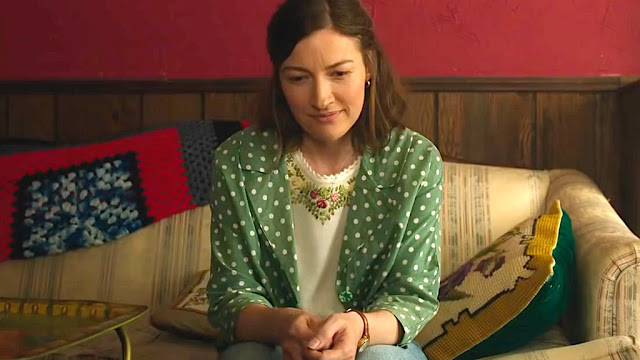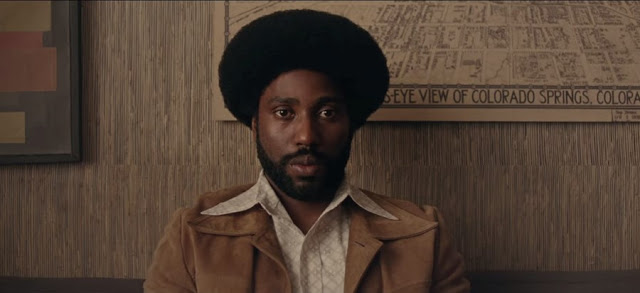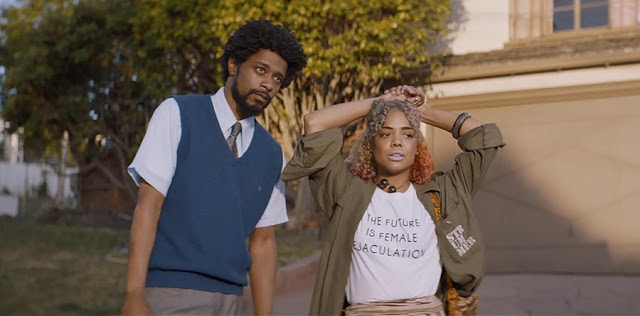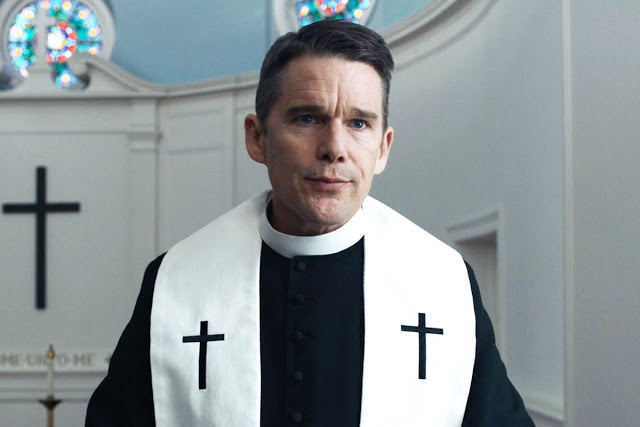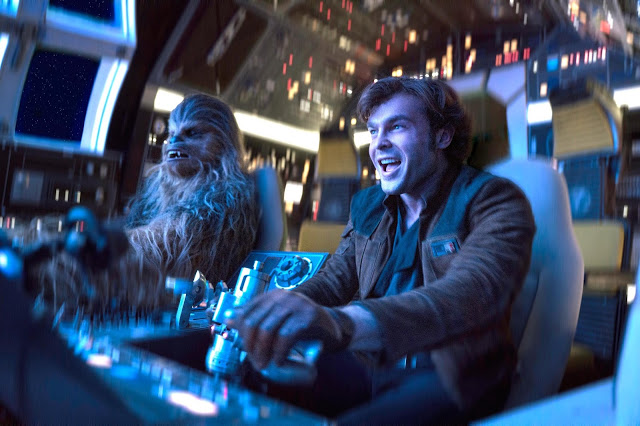Puzzle: Falling to Pieces, and Putting Them Together
In one of the few lyrical stretches of Puzzle, Marc Turtletaub’s sensitive and sad new drama, Agnes (the perpetually unappreciated Kelly Macdonald) rides a New York subway car while a blind man stands in the center and sings “Ave Maria” in a plaintive falsetto. Not long after, Agnes is served tea by a woman named Maria, and she points out the oddity that the namesake of Schubert’s piece is now providing her with a beverage. Her tea-drinking companion is unmoved, dismissing the parallel as an act of mere randomness that carries no cosmic significance. Agnes remains unconvinced: “It has to mean something.”
Does it, though? Given the sheer size of the universe, I’m inclined to agree with her partner and hesitate to ascribe any meaning to such an apparent coincidence. But it’s hard to blame Agnes, seeing as her own, private search for meaning is the animating force behind Puzzle, a movie about a seemingly stock figure who suddenly resolves to discover more of herself, and of the world. It’s also hard not to turn the question around and aim it at Puzzle itself. This is an unusually gentle and well-observed film, with a peculiar attention to its central characters and their rhythmic dynamics, but what does it really mean? Read More

